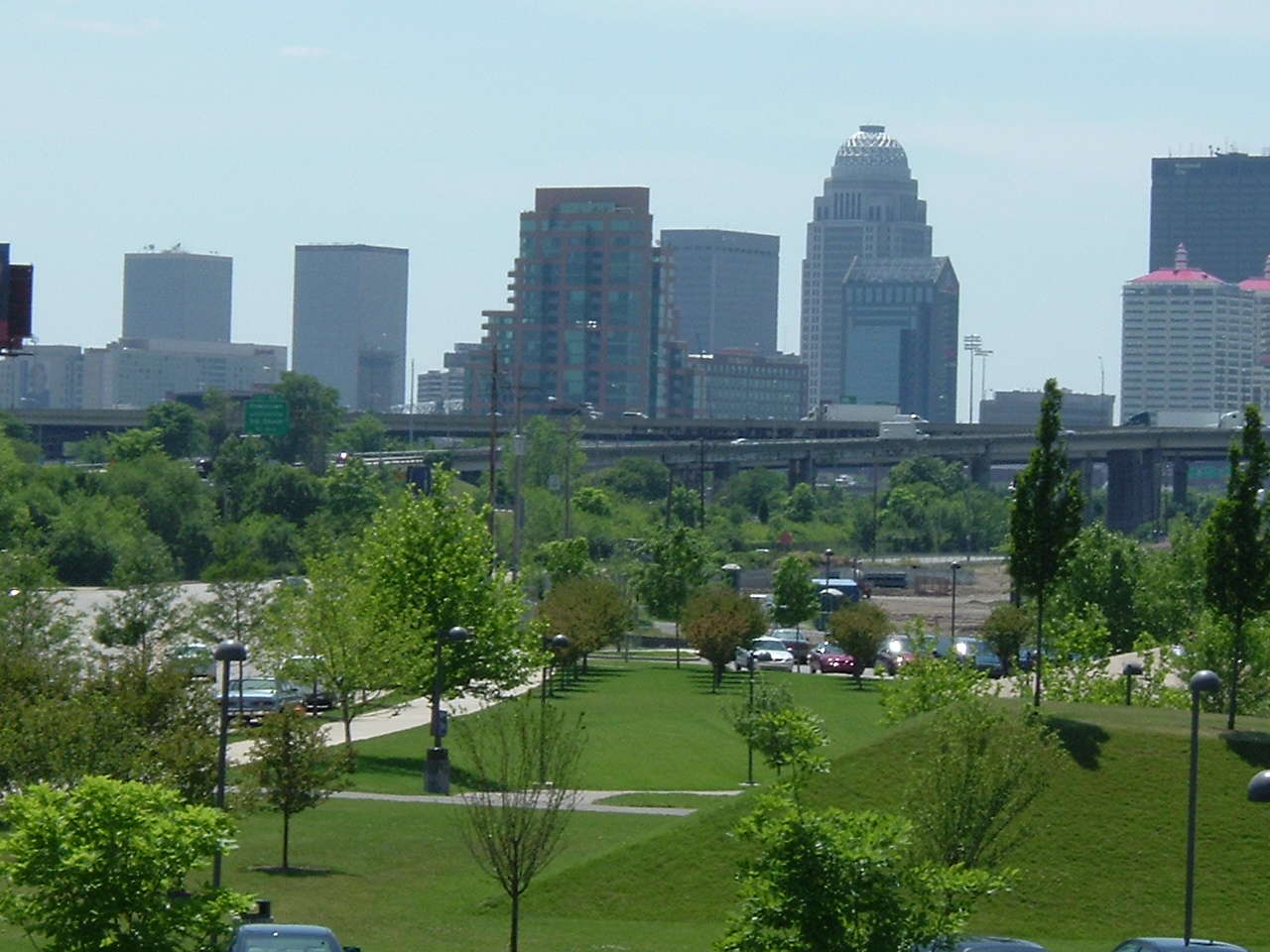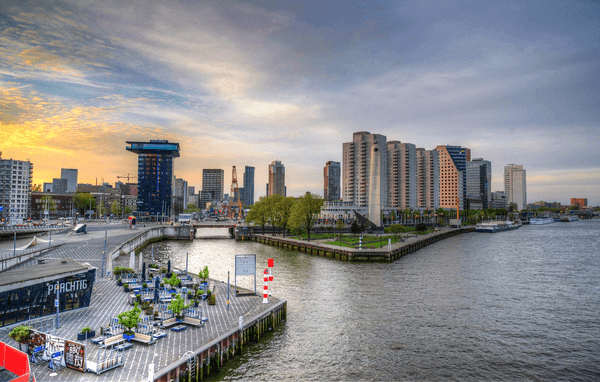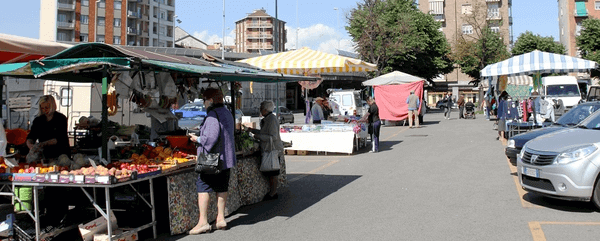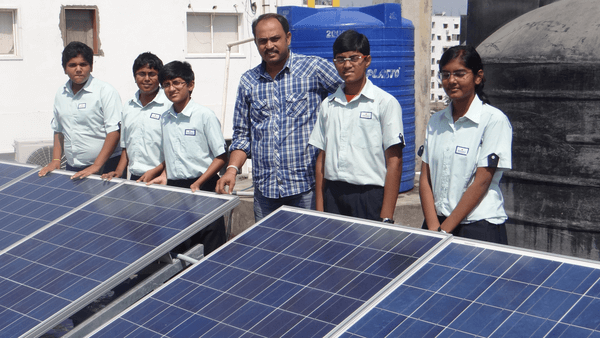
City
Louisville
Main actors
Local Government, Private Sector
Project area
Neighborhood or district
Duration
Ongoing since 2012
Huge FoodPort project set to benefit small/medium farmers and reduce supply chain to bring consumers closer to their food sources.
The FoodPort project is a food-centric economic and community development engine that will create jobs for West Louisville residents, enhance the built environment and green space of surrounding disinvested neighborhoods, enable existing small businesses to grow, increase farmers’ income as they increase their market channels, enable new food businesses to take their first steps, and provide educational opportunities around eating and agriculture.
The plan is to transform the 24-acre brownfield into a seed-to-waste food chain where food is grown, harvested, processed, sold, eaten and even disposed into a bio-digester to be converted to methane gas and returned to the energy stream. Along each step of this process, members of the Louisville community have a chance to work, learn, nourish, commune and invest in their own futures and that of their city.
On Map
The Map will be displayed after accepting cookie policy


